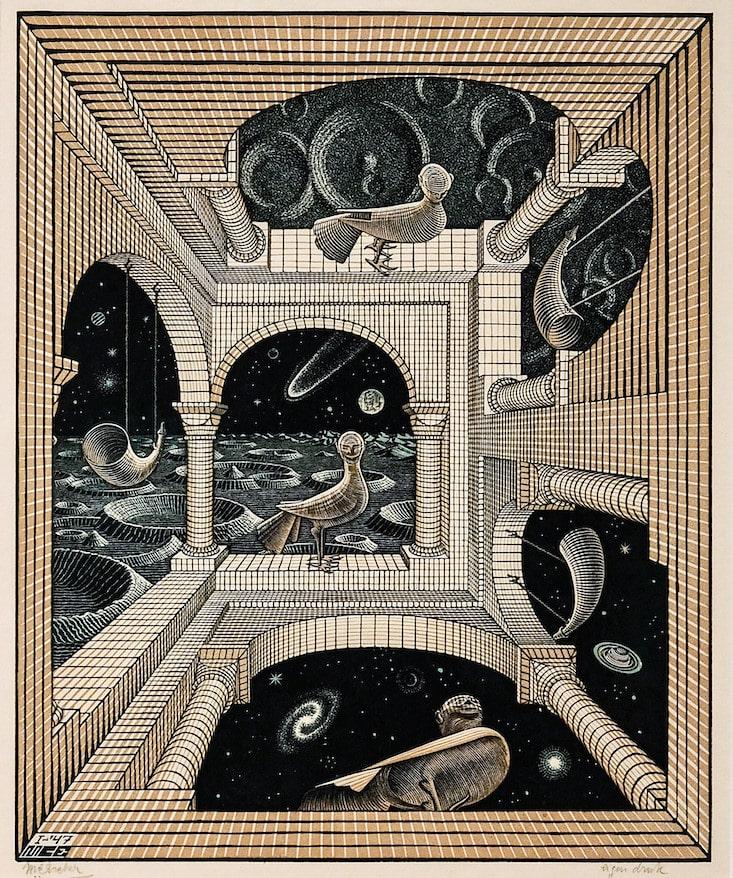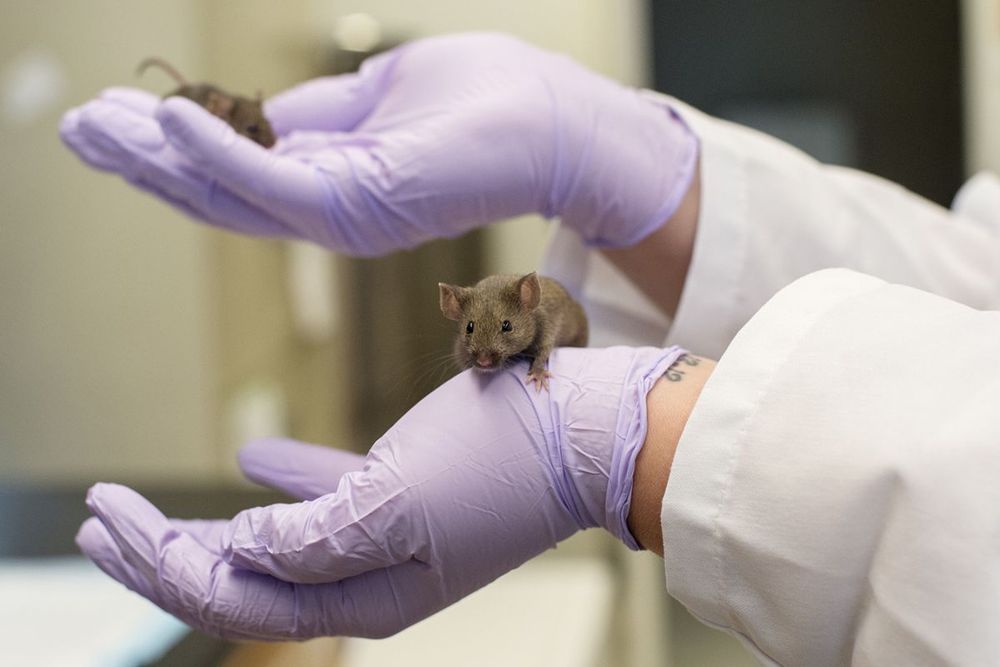This quiet supersonic plane could cross the Atlantic in 3 hours.
Get the latest international news and world events from around the world.
What.IfVideosWhat If We Became Cyborgs?
If you could become a cyborg, what enhancements would you get?

New Evidence for the Strange Geometry of Thought
In a 2018 Science paper, co-authored with Jacob Bellmund, Christian Doeller, and Edvard Moser—neuroscientists from the Max Planck Institute in Leipzig and the Kavli Institute in Trondheim—Gärdenfors, of the University of Lund, buttressed his idea with recent advances in brain science. He argued that the brain represents concepts in the same way that it represents space and your location, by using the same neural circuitry for the brain’s “inner GPS.”
“Cognitive spaces are a way of thinking about how our brain might organize our knowledge of the world,” Bellmund said. It’s an approach that concerns not only geographical data, but also relationships between objects and experience. “We were intrigued by evidence from many different groups that suggested that the principles of spatial coding in the hippocampus seem to be relevant beyond the realms of just spatial navigation,” Bellmund said. The hippocampus’ place and grid cells, in other words, map not only physical space but conceptual space. It appears that our representation of objects and concepts is very tightly linked with our representation of space.
Gärdenfors’ theory highlights a fruitful path, not only for cognitive scientists, but for neurologists and machine-learning researchers.

Are Cyborg Warriors a Good Idea?
The Pentagon is funding brain-implant research aimed at creating neurally “enhanced” soldiers.
- By John Horgan on February 9, 2019
- 3


Report: Space will likely be a battlefield in any U.S. conflict with China, Russia
WASHINGTON — A new U.S. intelligence report warns that both China and Russia are investing in weapons that could attack U.S. satellites and assets in space, and that both nations are now preparing to use space as a battlefield.
Last month, the Defense Intelligence Agency released a report about China’s military capabilities, warning that the Asian country was making advances in counterspace technology that could threaten U.S. satellites responsible for communications, reconnaissance, GPS and early warnings of missile launches.
But a new DIA report, “Challenges to Security in Space,” warns that both China and Russia are making advances in space technology, and that both are likely to turn to space early on in any major military conflict to cripple their adversaries.
Brain-zapping implants that change mood and lift depression
Teams of researchers are developing sesame seed-size neuro-implants that detect brain activity that signals depression and then deliver targeted electrical zaps to elevate your mood. It’s very early days in the science and technology but recent studies suggest that we’re on the path. Links to scientific papers below. Fortunately, the goal is to develop tools and a methodology more precise than the horrifically blunt “shock therapy” of last century. From Science News:
ScienceAlertVideosA Week in Science with RiAus
Forget about 3D printing, the future is 4D printing creates shapes that can assemble themselves into predetermined 3D structures. The structures are made of plastic and smart memory materials that morph into different shapes. Discover more about this amazing technology in A Week in Science by RiAus.
